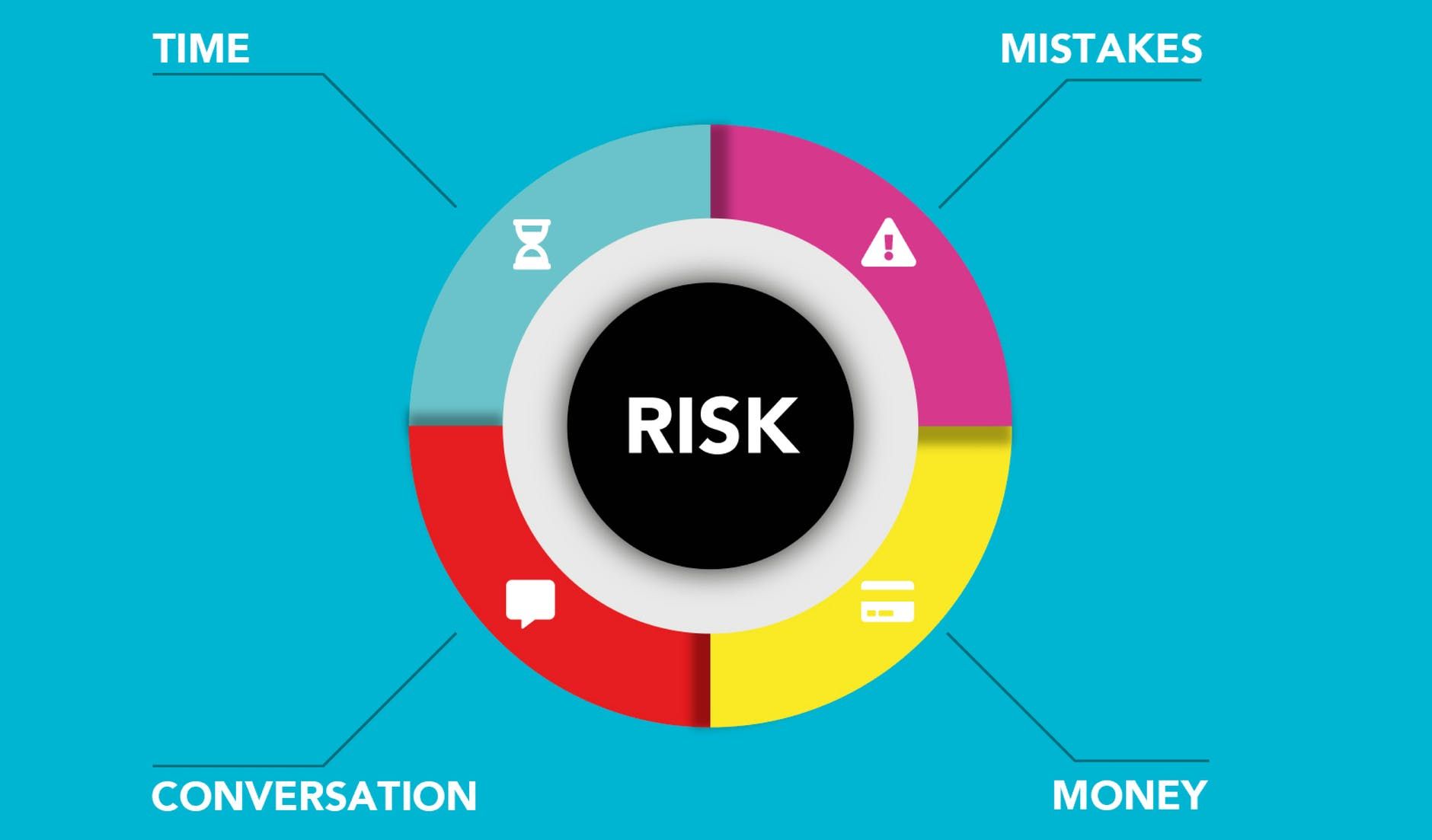We need to talk...about money
Gabor Balint • 18 November 2020
Getting into the habit of a good chat and passing it on to family
How are you all bearing up in these winter times, complete with lockdown 2.0? I am sure there are lots and lots of conversations going on in your households, after all there have been quite a few ‘biggies’ in the news recently, like the reliably bizarre behaviour of the orange-haired one or the demise of the one who put Barnard Castle on the map for most of us and, most probably, about vaccines and thinking will this ever end?
One of the conversations you might not have had was about money. Although there was a ‘Talk Money Week’ here in the UK between 9-13 November, most people were unaware of this, which is a pity. It is an essential skill but, in my experience, it is still widely ‘missing in action’ for a variety of reasons. Let me explore three major ones and, in the process, perhaps help you overcome any inhibitions you might have about this.
No1: the ostriches.
I know this sounds a bit strange in a financial literacy blog, but bear with me. People who wish that things just went away, burying their head (figuratively :-) , of course) and avoiding issues around money. You know this is silly: just because you don’t see something it doesn’t mean it’s not there, we are all more adults than that aren’t we? Ignoring issues today will come back and ‘bite you’ with a vengeance in the future. Money – more accurately in this area – bills, contracts, debts, commitments, etc. will not change in your favour just because you do nothing. Actually, they change for the worse.
No.2: the runners.
Well, I am a runner, so I’m all for running…but not in this sense of the word. Running away from your financial commitments is the worst thing you could do. It will set in motion inevitable, dire consequences on your credit file and score, it can take control away from you, you could be unable to access basic banking and financial products and, most importantly, you could lose your home. This should virtually never be a consideration and would have to be the absolutely last resort.
No.3: the blockers.
I know it is generally not easy to talk about money. You could feel you are ’under attack’ for ‘doing something wrong’. Blockers just dismiss everything and close down the conversation. The sad thing is that it’s the blockers who suffer from this. They stay less knowledgeable, unable to understand concepts and modify their actions and behaviours. They stay rooted in their problems, probably repeating bad patterns without moving towards solutions.
What do I suggest instead? Don’t bury your head. Don’t be like an ostrich. Don’t run from financial consequences, don’t dismiss other people’s views. Instead, detach your personal pride from these issues and learn. I could quote either Lenin: ‘study, study, study’ or Blair: ‘education, education, education’ and not because I’m their fan but for getting this one right (given everything they did, statistically there had to be at least one thing). There is no limit to learning. I’ve been around for over half a century (now that sounds scary, putting it that way) and still learning. It’s actually good for the brain and mental health. It also helps you develop a habit of learning, understanding and acting with more consideration, which is a really good thing. Particularly when we talk about actions with a financial consequence.
Because talking about money is not really about the money. It’s about attitudes, it’s about value judgements, it’s about priorities, desires, fears, control and responsibility. This is why it’s one of the biggest issues in relationships and families. Most people say they haven’t received the guidance or skills from their parents of schools that they think they would need to handle money-related issues. If this is you, recognise it and address it. Give it a bit of a thought and make a conscious link between your activities, goals and money. See how your activities lead to a financial outcome, how you can modify your them, how you make decisions and how, actually, most of the time you have a choice. Talk about it and pass it on to your family and loved ones. You might be surprised how positive its long-term impact will be for you all. Change your habits and money will follow.










